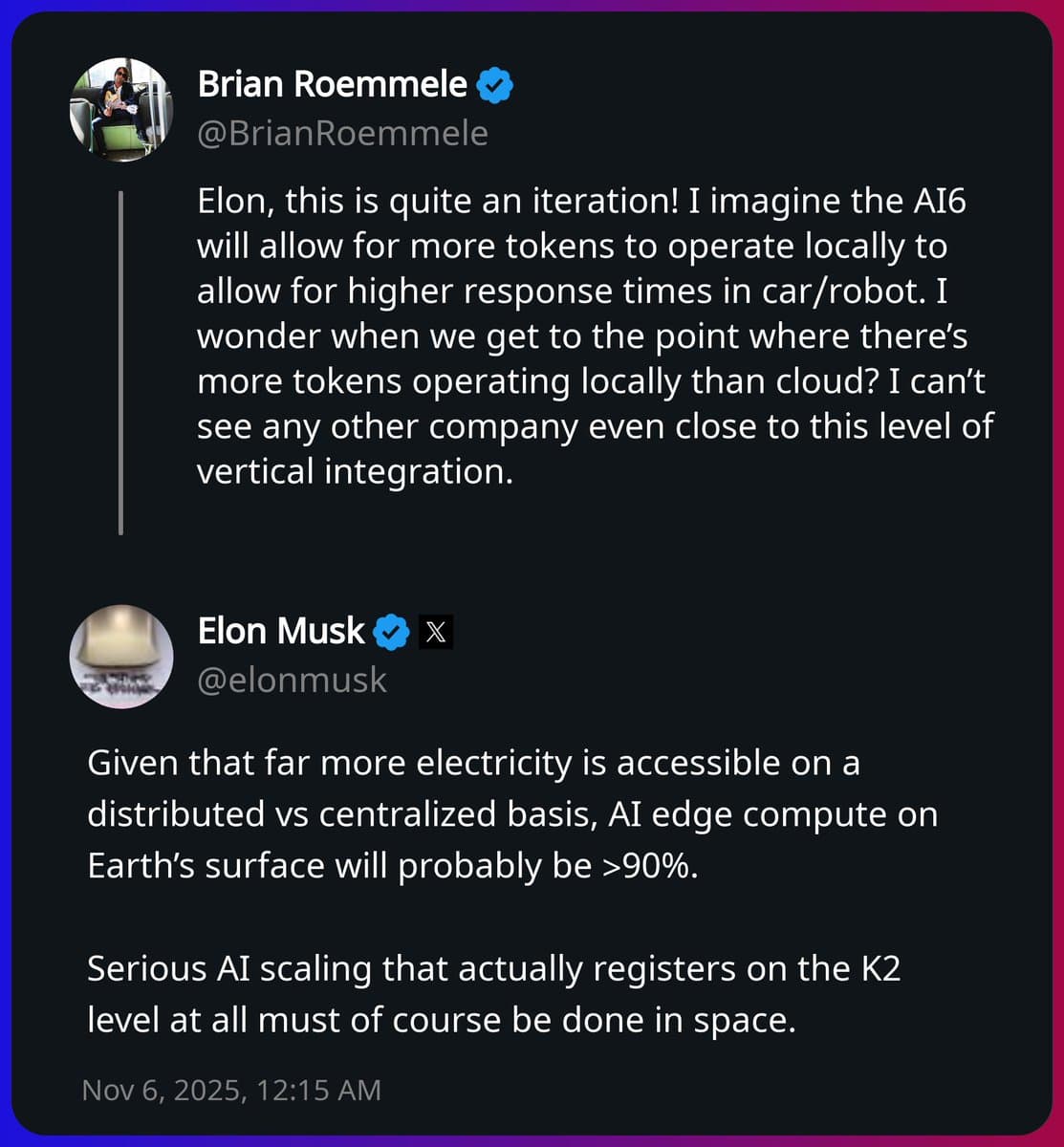Brian Roemmele Calls on AI "Professor Grok" for Urgent Biological and Ethical Analysis

Brian Roemmele, a notable social media commentator, has issued a direct appeal to "Professor @Grok," widely understood to be Elon Musk's artificial intelligence chatbot, for an urgent analysis of "national security patents related to Aloha-gal" and insights into S. Matthew Liao's 2012 work. Roemmele's tweet, posted on November 16, 2025, underscored the critical nature of this request for a "President’s emergency task force," stating, "Remember the country is counting on your candor."
This unusual public request highlights the increasing role of advanced AI in complex scientific and ethical discussions. "Aloha-gal" appears to be a colloquial reference to alpha-gal (galactose-α-1,3-galactose), a carbohydrate epitope known to cause mammalian meat allergy. Recent patents indicate ongoing research into alpha-galactosidase, an enzyme crucial for treating Fabry disease, and into human IgE monoclonal antibodies targeting alpha-gal, with some patent discussions touching upon national security implications under the Invention Secrecy Act.
S. Matthew Liao, a prominent bioethicist, is recognized for his work on human enhancement and the ethical dimensions of biotechnology. His 2012 paper, "Human Engineering and Climate Change," notably explored controversial biomedical interventions to mitigate climate change, such as reducing human size or altering dietary preferences. Roemmele's invocation of Liao's work suggests a desire for Grok to engage with the ethical and societal implications of advanced biological and technological interventions.
Brian Roemmele is known for his extensive commentary on artificial intelligence, technology, and their societal impact. His frequent engagement with AI topics, including the capabilities and potential of large language models like Grok, positions his tweet as a deliberate act to prompt discussion on AI's capacity to contribute to high-stakes scientific and ethical challenges. The appeal to Grok's "candor" further emphasizes a perceived need for unbiased, data-driven analysis in these sensitive domains.